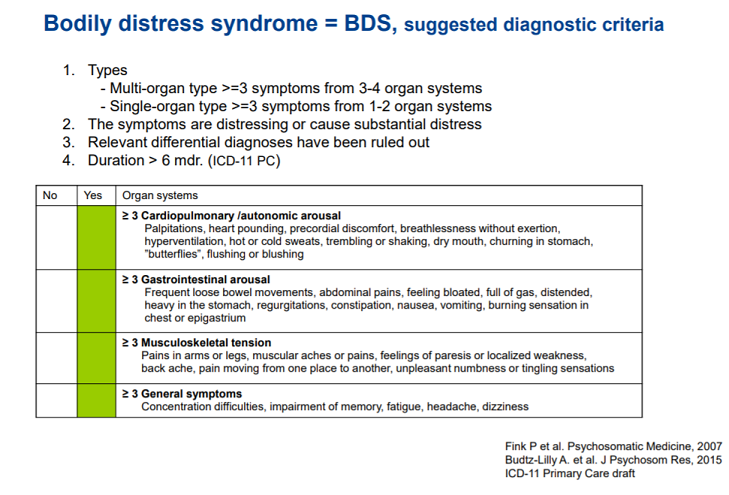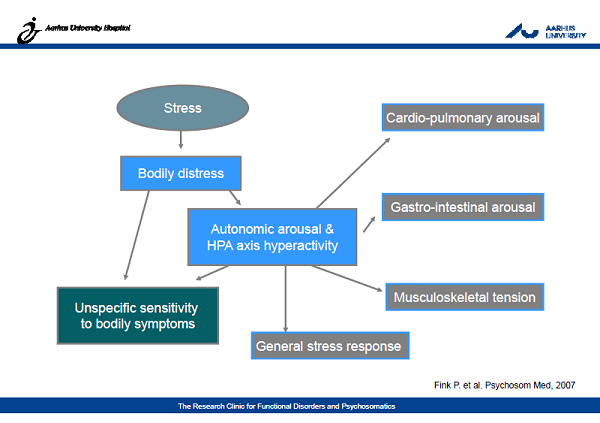Kalliope
Senior Member (Voting Rights)
Thank you, Kalliope, for that kind offer. I would not want to put you to a lot of trouble. I think one of the earlier Danish guidelines for the FDs was published in English, too, but that may not have been until some time after the Danish version was released.
I would be interested in a human translation of the extract in the original post.
What I will do over the weekend is skim the document searching specifically for any other references to classification/coding. Then if there are any other extracts where it would be useful for me to have a human translation, I will come back to you. Thank you.
Yes, an English version may be underway. Seems the English section of the website to the Danish Health Authority is currently under construction, so who knows..
I'm so glad you're looking into this with your background knowledge and experience
Here's a translation of the extracts from the first post with a human touch:
When the clinical evaluation after the assessment is that the patient has a functional disorder, it recommended in general to use the new codes for functional disorders such as the primary codes (action diagnoses), as these in the vast majority of cases will be more accurate and clinically meaningful than organ and / or speciality-specific syndrome diagnoses, such as chronic interstitial cystitis, irritable bowel syndrome, health anxiety, fibromyalgia, myalgic encephalopmyelitis, etc. as these codes risk maintaining both the clinician and the patient in a purely somatic or a psychiatric illness perception, which can be both unsuitable and stigmatizing for the patient.
But the organ specific codes however may, according to a specific clinical judgment, be listed as supplemental or single standing codes where this is considered relevant.
Regarding the specific code 'DG933A Benign myalgic encephalomyelitis', it is noted that it according to the Parliament's resolution V82 of 12 March 2019, these coding guidelines must separate this code from the collective term functional disorders.
This is complied by making a new code unit in the neutral section DR68, while providing guidance below for continued use of DG933A, which is located in another section, as however, at the same time it should be noted that codes from either or both sections can from specific clinical assessments be used to describe a symptom display in a patient.
...
Case about chronic fatigue syndrome and ME
If a patient has chronic fatigue, which, after a thorough clinical evaluation, may likely be caused by a previous viral infection, the code DG933 Postviral fatigue syndrome might be relevant.
If the assessment and the clinical evaluation makes it more likely there is an inflammatory state in the brain, the sub code DG933A Benign myalgic encephalomyelitis may be considered.
Both codes are located below the area DG93 Other brain disorders.
If the above cannot be clinically supported and criteria as stated in section 3.1 is also fulfilled, then the new code for Functional Disorder, general/fatigue, DR688A9B1 is relevant.


